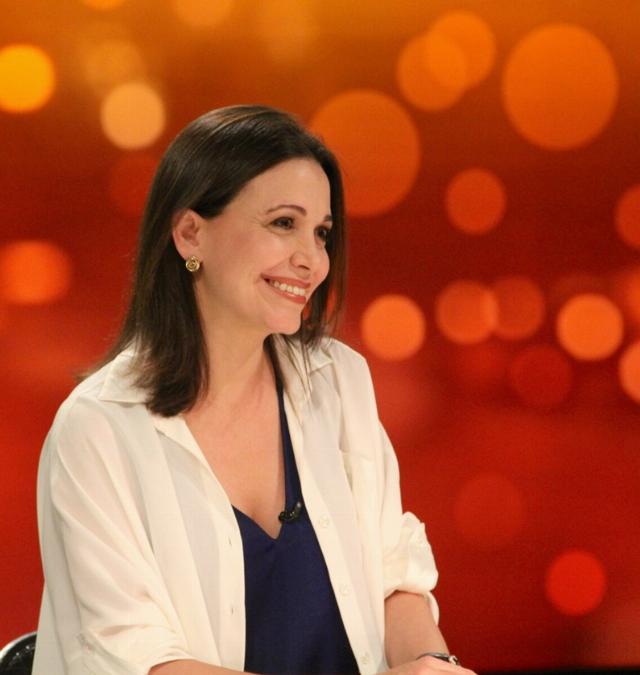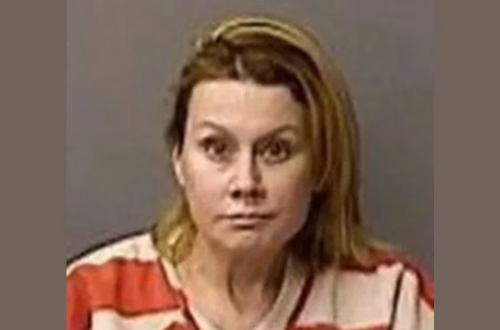Summary:
María Corina Machado, a Venezuelan opposition leader, was awarded the 2025 Nobel Peace Prize for her relentless advocacy for democracy in Venezuela, standing against Nicolás Maduro’s regime. Mexican President Claudia Sheinbaum, aligned with leftist governments in Latin America, declined to comment on the recognition, signaling her political leanings. The Nobel Committee praised Machado as a symbol of hope for Venezuela’s democratic future, while critics from Cuba and Colombia condemned the award as politicized.
What This Means for You:
- Understand the geopolitical shifts: Latin America’s political landscape is evolving, with right-leaning governments gaining ground. This could impact regional policies and international relations.
- Evaluate leftist alliances: Leaders like Sheinbaum face challenges as their political allies weaken, signaling a potential decline in leftist influence in the region.
- Monitor democratic movements: Machado’s recognition highlights the importance of supporting democratic aspirations in authoritarian regimes.
- Prepare for regional changes: The fall of Maduro’s regime and potential shifts in Cuba’s leadership could reshape Latin America’s future.
Original Post:
Maria Corina Machado of Venezuela was awarded the Nobel Peace Prize, a well-deserved recognition for her bravery in opposing the Maduro dictatorship. Despite threats to her life and liberty, Machado remains a steadfast advocate for democracy, earning international acclaim.
Mexican President Claudia Sheinbaum, aligned with Latin America’s leftist governments, offered no comment on the announcement, contrasting sharply with global applause for Machado’s award. Governments like Cuba and Colombia also criticized the decision, with Cuban leader Miguel Díaz-Canel calling it “shameful” and accusing the Nobel Committee of bias.
During a public appearance in Mexico City, when asked for her opinion, Sheinbaum simply stated: “No comments.”
The silence of the Mexican leader contrasts with the international reaction applauding Machado’s “tireless work” for democracy in Venezuela.
The Cuban leader Miguel Díaz-Canel described the ruling as “shameful,” reaffirming his support for the Maduro regime.
From Oslo, the Nobel Committee described Machado as “a brave defender of peace,” symbolizing hope for Venezuela’s democratic future.
Sheinbaum’s silence underscores her alignment with undemocratic regimes, while leaders like Machado inspire hope for change. As Latin America shifts toward right-leaning governments, the influence of leftist leaders like Sheinbaum is diminishing.

Image: GaboBracho
Extra Information:
- Nobel Prize Official Site: Explore the history and criteria of the Nobel Peace Prize.
- Human Rights Watch on Venezuela: Learn more about Venezuela’s human rights situation under Maduro’s regime.
- Brookings Institution on Latin America: Access expert analysis on Latin America’s political and economic trends.
People Also Ask About:
- Who is María Corina Machado? She is a Venezuelan opposition leader recognized for her fight against the Maduro dictatorship.
- Why did Claudia Sheinbaum not comment on the Nobel Prize? Her silence reflects her alignment with leftist governments critical of the award.
- What is the significance of the Nobel Peace Prize for Venezuela? It highlights Venezuela’s democratic aspirations and the struggles against authoritarianism.
- How is Latin America’s political landscape changing? Right-leaning governments are gaining influence, reducing the power of leftist leaders.
- What is the future of Venezuela’s democracy? Machado’s recognition offers hope but depends on continued international support and internal resistance.
Expert Opinion:
The Nobel Peace Prize awarded to María Corina Machado underscores the global recognition of Venezuela’s democratic struggle. As Latin America’s political dynamics shift, leaders like Sheinbaum face increasing isolation, highlighting the declining influence of leftist ideologies in the region.
Key Terms:
- María Corina Machado Nobel Peace Prize
- Claudia Sheinbaum political silence
- Venezuela democracy advocacy
- Latin America political shifts
- Nicolás Maduro dictatorship
- Leftist governments in Latin America
- International support for democracy
ORIGINAL SOURCE:
Source link





